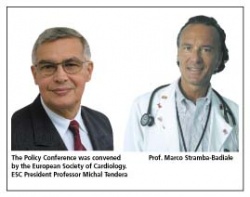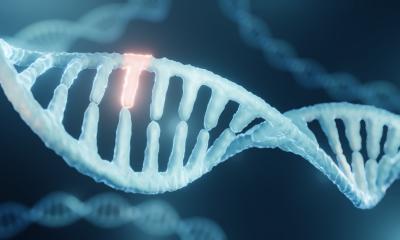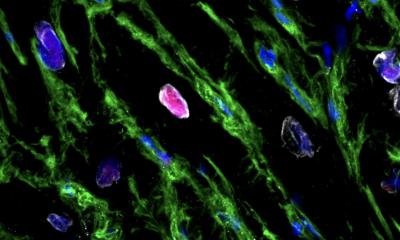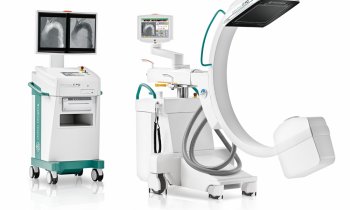Women and heart disease
We asked Professor Badiale about progress in the understanding of women and heart disease.

Clinical manifestations of ischaemic heart disease in women may differ from those commonly observed in males and this factor may account for under-recognition of the disease,’ the professor pointed out. ‘Some diagnostic tests and procedures may not be as accurate in women, so physicians may avoid using them and a heart attack or stroke may not be detected in women until later, with more serious consequences. An exercise stress test, commonly use to diagnose ischemic heart disease, may be less accurate in women: in young women with a low likelihood of coronary heart disease, an exercise stress test may give a false positive result. In contrast, single-vessel heart disease, which is more common in women than men, may not be picked up on a routine exercise stress test. These important differences in clinical manifestation of heart disease in females are not familiar to physicians who may therefore under treat their female patients.
Symptoms - Women have a greater tendency to have atypical chest pain or to complain of abdominal pain, dyspnoea, nausea and unexplained fatigue. Since women tend to have heart attacks later in life than men, they often have other diseases that can mask heart attack symptoms. Furthermore, ischemia may be more often silent in women and the proportion of unrecognized myocardial infarction is greater in women than in men.
Therapies - Women have been under represented in randomised clinical trials and only recently has there been a significant increase in the number and proportion of women who participate in these studies and, even more recently, trials have been targeted solely on females patients. Most progress in this direction have occurred in the USA, as a direct consequence of the commitment of funding agencies that have provided economic support to clinical trials only when a balanced gender presence was assured in the design of the trial. In Europe, there is no regulation of this type and therefore there is less sensitivity to the issue. Once again, scientific societies should play a major role in ensuring that gender specific issues are sought and, when identified, gender specific response to therapy should be investigated in clinical trials.
What doctors need to know - Coronary artery disease is the leading cause of death for men and women in the western world. About 40% of all female deaths are caused by cardiovascular disease, especially coronary artery disease and stroke. However, unfortunately women, and their physicians, underestimate the risk of heart disease because of the perception that women are ‘protected’ against ischemic heart disease. What is not fully understood is that women, when fertile, have a lower risk of cardiac events, but this protection fades after the menopause, leaving women with untreated risk factors vulnerable to develop myocardial infarction, heart failure and sudden cardiac death.
03.08.2006
More on the subject:









